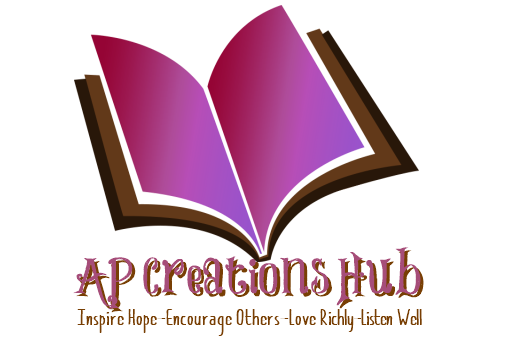
Documenting your family history is not a solitary exercise. It entails digging out old journals, letters, and scraps of paper from old boxes. It requires contacting relatives, yes, even those without Internet access. It means taking advantage of public databases for births, deaths, and marriages. It might take some time to complete the history.
How to interview elderly relatives – new link!
A great guide to help people interview their elderly family members for genealogical research, and how to get the best experience and understanding from those interviews.
use the link above to view
But, someday, long into the future, someone will be grateful. Some families have a gift for saving things. There is always someone in the family who saves boxes and boxes of letters. I confess. I am one of those. I have a copy of every letter I have received from my mom and dad since I left home at 17. These boxes contain what kids these days refer to as snail mail. They also contain bite-sized pieces of your relative’s life. Gaining access to all these boxes and going through them for the nuggets of information will be difficult and time-consuming. First, you write to your relatives, letters if you have to, and ask politely for any old boxes of letters, journals, or papers of past relatives. Don’t get so overwhelmed in gathering facts that you forget to include the stories. Stories about the people are what makes history interesting.
Create an outline based on a timeline. Timelines can be fun. Really. Filling in all the places where the main goalposts of life can be noted. Make a note of moving, changing locations, cities, countries, or states. Make a note of when there were births, deaths, marriages, and graduations. Then fill in the outline based on the timeline with the stories, tidbits, poems, funny sayings, intriguing bits of national or world history, things that might have any bearing on how your ancestors were thinking, what colored their thoughts or worried them. Don’t forget in your search for history to document your current history! Use cameras, videos, emails, tweets, blogs, and writing letters to gather all the information available about your family that is currently alive. I will always be grateful to my mother and father, who asked my grandpa to record his life story.
My mother spent many hours transcribing those tapes, so we have a written history of how he lived his life. We did learn surprising things about him. Find out if anyone else in the family is doing research or history. Make it known to your relatives that you are working on family documentation. This may cause relatives to volunteer to help you, give you more information, or tell you what they have found. This is a long-term project and is usually carried on by retired people who have a little more time. It will be worth it when the kids want to know something about their ancestors, and you actually know!




